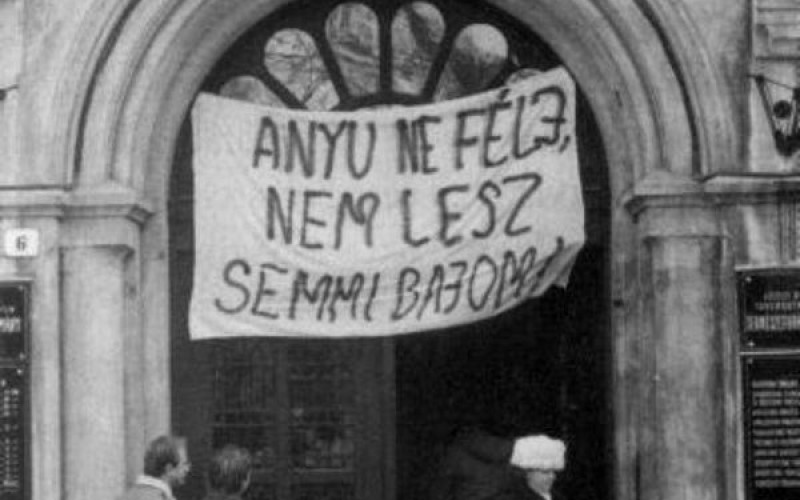The Formation of Student Autonomy and Selfgovernment in the Early 1980s in Hungary
DOI:
https://doi.org/10.15170/PAAA.2020.07.01.04Keywords:
youth sociology, student history, youth movement, student autonomyAbstract
In addition to providing education and training, higher education institutes are also engaged in the important tasks of sensitisation of students for their future roles in society as university graduates. This function of higher education is realised in the context of teacher–student relationships and institutional interpretive communities. Student councils serve as such communities. The student council movement represents, preserves and transmits particular values of the university and trans-historical values closely related to these (freedom, critical thinking, solidarity, empathy and activity) to new generations of students. Our paper follows and analyses the student council movement in Hungary from 1988 to 1993. In the late 1980s, only partially did the state power recognize the rights to freedom most important to students (freedom of thought, freedom of opinion, freedom of speech and academic freedom). Student councils, which were formed at that time, could exert serious impact at the level of both university politics and national politics. This phenomenon is regarded as a manifestation of social innovation. By the early 1990s, due to its status ensured by law and the realization of a power structure, the community and movement characteristics of the student council faded into the background, and the organization became bureaucratic. This led to the transformation of the movement.
Photo: litera.hu
Downloads

Downloads
Published
How to Cite
Issue
Section
License

This work is licensed under a Creative Commons Attribution-NonCommercial-NoDerivatives 4.0 International License.

